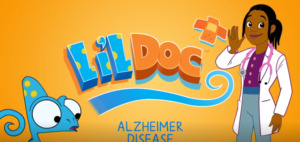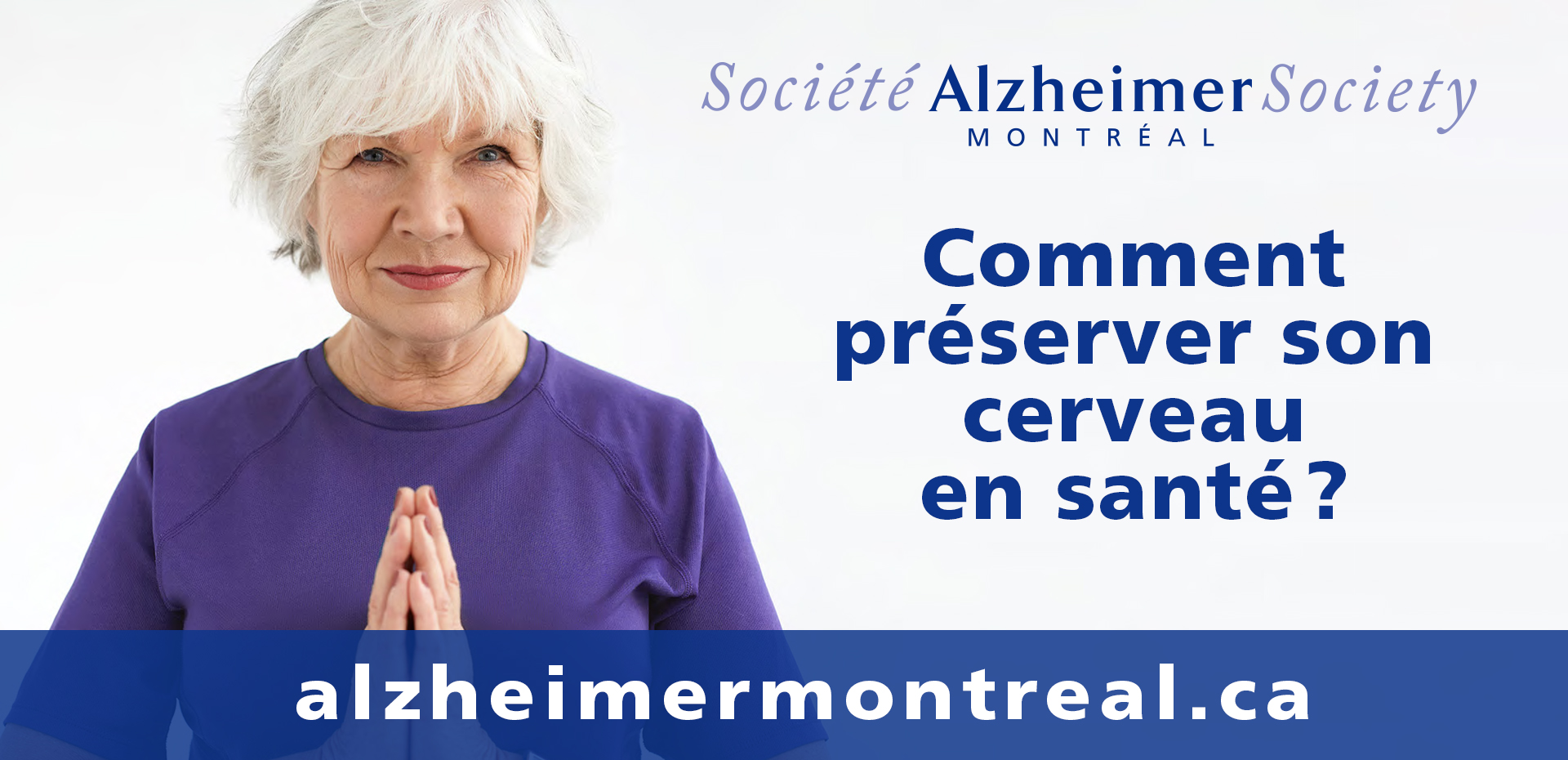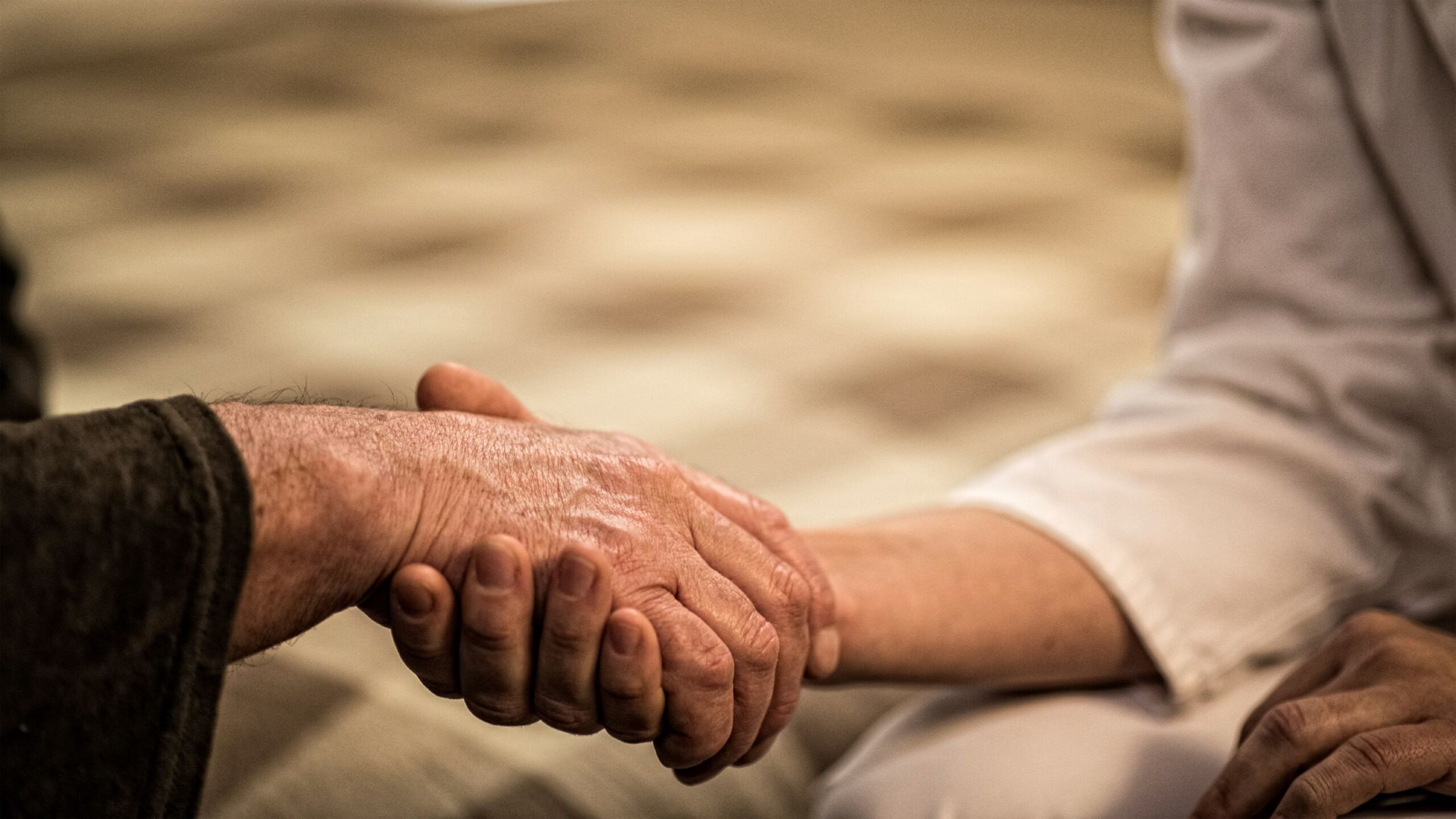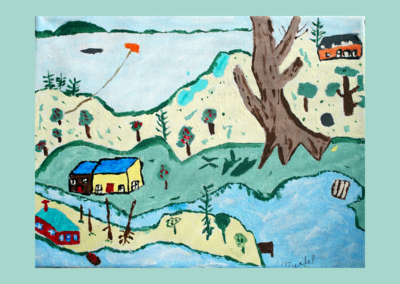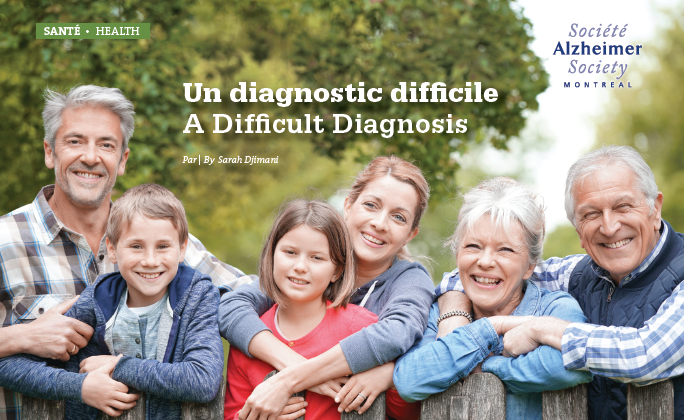Detecting early-onset Alzheimer’s: 10 key questions
Detecting early-onset Alzheimer’s: 10 key questions
10 Questions to Detect Early Alzheimer’s
More and more people are asking questions about early-onset Alzheimer’s disease.
To follow up on our article 10 symptoms to detect early Alzheimer’s, we’ve listed 10 basic questions that can help you detect early-onset Alzheimer’s and differentiate it from normal memory-related symptoms.
Here are the 10 key questions that can help you identify the early signs of Alzheimer’s disease.
- Forgetting recent dates or events: Have you noticed frequent forgetfulness of recent dates or events?
- Difficulty performing household tasks: Do you find it difficult to carry out routine tasks at home or at work?
- Language problems: Do you find it difficult to follow or participate in conversation?
- Disorientation in Time or Space: Do you ever get lost or don’t understand where you are?
- Impaired Judgment: Have you observed any changes in judgment or decision-making?
- Difficulty Understanding Visual Images: Do you have vision problems that affect your ability to read, judge distances or recognize colors?
- Problems with Words: Do you have trouble finding the right word or naming objects?
- Withdrawal from Social or Work Activities: Have you withdrawn from hobbies, social activities or work?
- Mood and personality changes: Have you noticed any mood or personality changes, such as irritability or apathy?
- Loss of Initiative: Do you have reduced motivation or initiative to undertake activities?
Obviously, these questions to detect early Alzheimer’s do not replace a professional medical diagnosis, and any concerns about Alzheimer’s disease should be discussed with a doctor or health care professional.
If you think you may have early-onset Alzheimer’s, first read the I live with Alzheimer’s page or contact us. For more information on the different aspects of Alzheimer’s disease, see our Alzheimer’s Disease Resource Guide.
Today, the Alzheimer Society of Montreal remains the reference in Montreal for people with neurocognitive disease, caregivers, healthcare professionals, organizations and individuals seeking resources and services.


